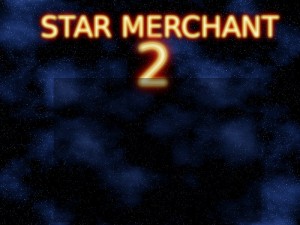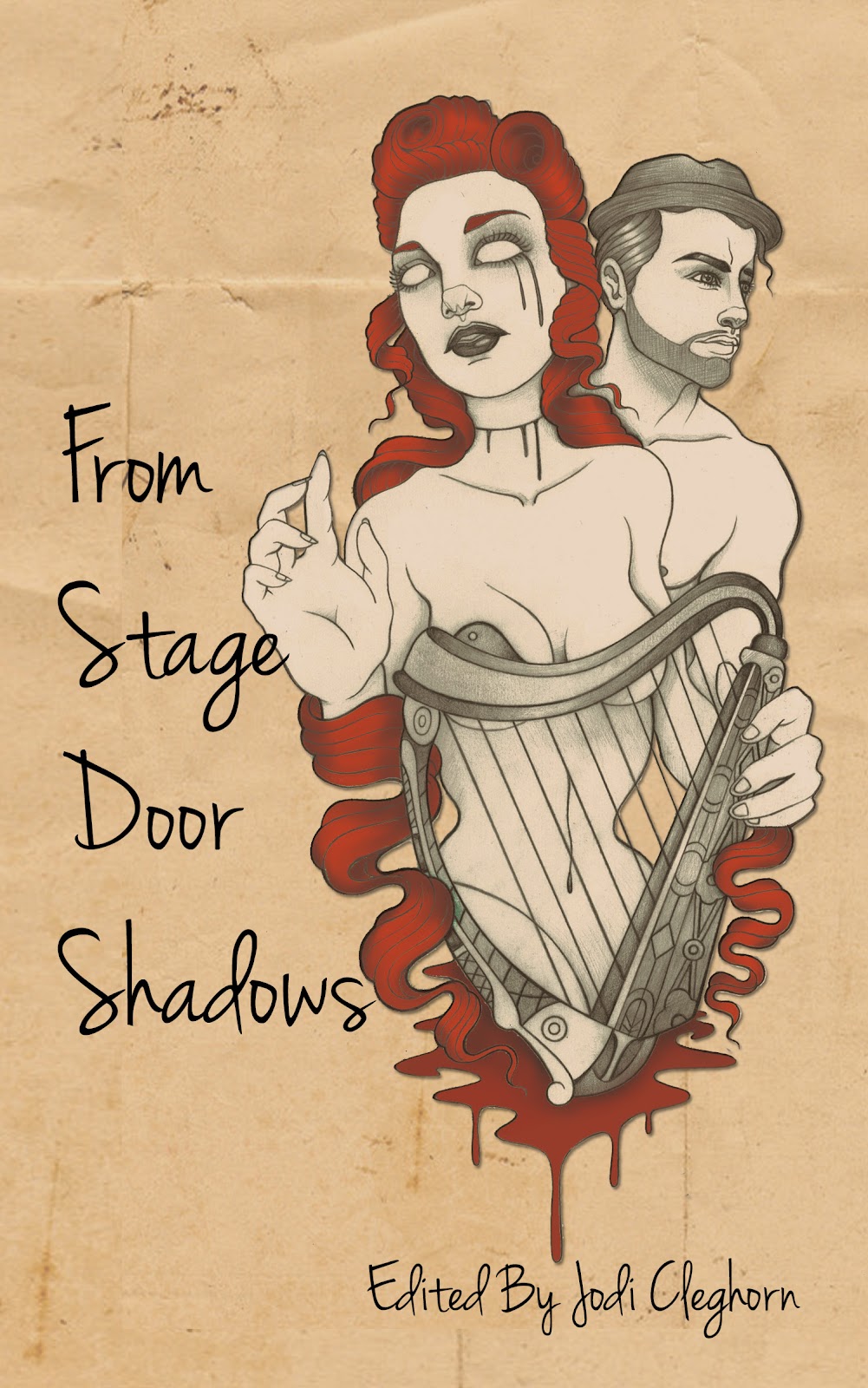I figured this blog would also serve as an excellent journal during the development of Star Merchant 2. So here are some early screenshots. Bear in mind that these are subject to change as development progresses, and these are extremely early in this phase of the project.
Click to embiggenate.
The loading screen isn’t anything special, but I thought it would be needed since it is loading so much. Turns out you only see it for a fraction of a second at the moment. And if you’re curious, this is being tested on an HP laptop running at 1.73GHz with 2GB RAM, so it’s nothing spectacular. I figure if it can run on this hardware, it can run on anything more modern people throw at it.
That slightly darkened block on the main menu should actually be showing the main menu overlayed on the background with a nice translucency effect. For some reason it didn’t bother to show up in the shot. I’ll figure out why it’s deciding not to show up so you can see how nice the interface itself is looking.
As of this moment I’m quite pleased with all of the middleman code I’ve written to make SM2 easier to manage. It’s also generic enough that it can be easily reused with other games, which was my aim. With only 1 line of code, you can be up and running with a fully initialized windowed or fullscreen game with all controllers enumerated and identified, and with 2 more lines you’ve got all of your sounds and music tracks loaded and organized.
I know some of you out there reading this might be thinking, “Yeah, so what? I’ve got the same code that does that.” It’s also a big deal to me for the simple fact that I will be giving all of the code and assets out at the end of this project and want to make sure that it is of the greatest amount of use to whoever will be downloading it to learn. It’s similar in nature to the PopCap Developer Framework, only for Python and much easier to work with.
After working on this for about a week now, I truly feel that this is a great way to not only make games, but to make them for multiple platforms quickly and easily with the minimum amount of fuss required.
Oh, if anyone out there has a PS3 with Linux loaded, could they shoot me a message on here about whether or not it has Python and pygame already loaded, or is loadable? I’m interested in knowing if it is even possible to get these particular types of games running on that platform using this approach.







